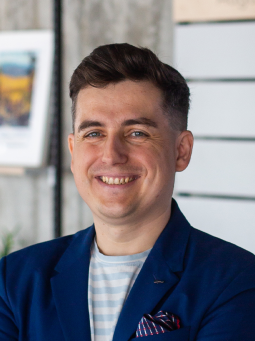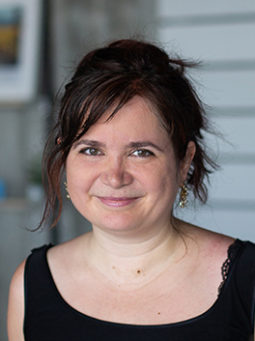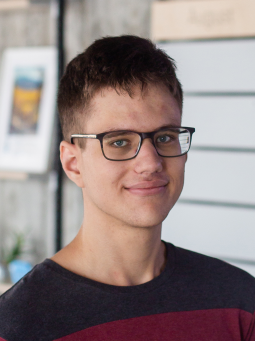AI4Europe: The unified platform for boosting European AI academic and industrial research
KInIT joins forces with 23 prominent European institutions to build a better artificial intelligence platform supporting daily needs of academic and industrial AI researchers. In this project, we primarily focus on tools supporting responsible AI, research replicability and usability of the platform. We also contribute to fostering academic-research engagement, aiming at PhD students and young researchers.
Artificial intelligence research and development is connected with frequent exchange of data, computational infrastructure provisioning, sharing of assets for reuse by other researchers (e.g., models, source codes, tools, SW modules), benchmarks and comparing results with other researchers or sharing computational infrastructure with other researchers.
Following the preceding project AI4EU, which delivered an AI research assets management system and a tool for experimentation, AI4Europe aims to build an extended and improved AI platform for supporting daily needs of researchers and practitioners. The platform is envisioned to be a community driven tool boosting AI research that scientists can deploy, customise, and extend. A tool that is open, easily accessible, and able to distribute shared AI resources.
The project has nine core objectives divided into three areas:
- Sustainability (S)
- AI assets and resource provisioning (R)
- Cooperation (C)

We are proud to join the league of 24 extraordinary R&D institutions from 15 European countries led by the University College Cork – National University of Ireland. KInIT’s main focus in the project will be on these 2 areas:
- Development of tools for the research AI community to produce responsible AI solutions and tools aimed at research replicability; we will also ensure enhanced usability of the AI on-demand platform.
Our leader for the technological part of the project is Martin Tamajka. - Strengthening the academic-research engagement; focusing on PhD champions and young talents, we will support the community by building relevant AI education resource metadata to maximize outreach and long-term impact.
Our leader for academic-research cooperation is Daniela Chudá.
In addition, we will help integrate the on-demand research ecosystem for industrial AI practitioners and supporters and innovation companies.
We believe that the ambitious project objectives, underpinned by ingenious methodology and communication, dissemination and exploitation strategy, pursued by prominent institutions represent a promising future for European AI with significant scientific, economic, technological, and societal impact.
Partners:

This project is funded by the European union.







